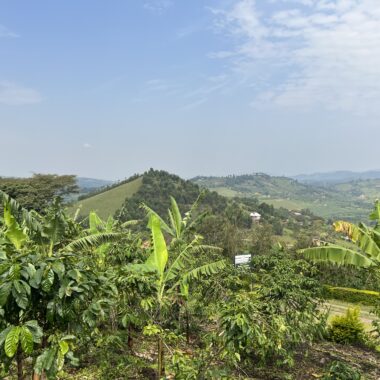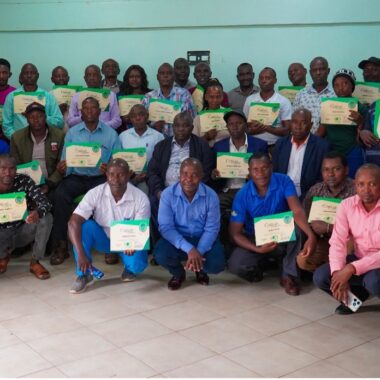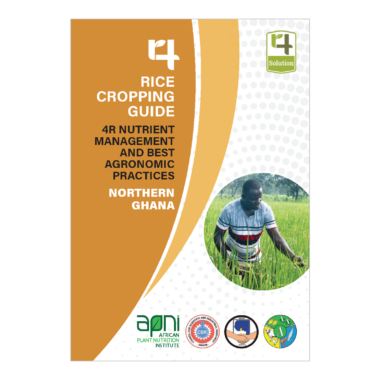Recent Training Sessions provide Opportunity for APNI to Help Build Nutrient Use Knowledge Base for WAFA Personnel
Scientists from APNI were recently given the opportunity to contribute professional development instruction to members of the West African Fertilizer Association (WAFA) via invitation from the AgroBioSciences Department at Mohammed VI Polytechnic University (UM6P).
Optimizing fertilizer management practices will always be an essential part of maximizing crop yields and sustainable agricultural production. This is especially important for the West Africa region where agriculture plays a pivotal role in food security and socio-economic development.
Ensuring personnel have the a good base of knowledge is an important mandate for fertilizer industry. This strategy helps to build internal capacity and guide good decision-making on policy and business development, and customer support including last mile delivery to farmers.
As part of the program, Dr. T. Scott Murrell, Principal Scientist at APNI used the “understanding by design” approach to create a three-hour active-learning module called “Fundamentals of Fertilizers.” His training equipped participants with a solid foundation in integrated nutrient management (i.e., use of manures, fertilizers, and soil nutrient reserves in a coordinated way to meet crop nutrient requirements, make most efficient use of all nutrient sources, and mitigate soil degradation).
Dr. Murrell’s learning module was created with Mentimeter, an online tool that allows his students to log in from their phones, tablets, and computers and interact in real time with supporting resources. Students can access videos, graphics, and APNI publications written in both English and French languages. “We all benefit greatly from the real-time, formative assessments that can be generated as students are guided through the instructional training,” explained Murrell.
Example content and responses generated from WAFA participants.
Dr. Hakim Boulal, Senior Scientist at APNI was also invited to lead a course on ‘‘Challenges and strategic approaches of fertilizer use in Africa’’ to WAFA participants.
“Our goal was to address the specific obstacles faced in the African context, such as variable soil fertility, economic constraints, and logistical issues related to fertilizer distribution,” said Boulal. “We also discussed strategic approaches to overcome these challenges, including the adoption of site-specific nutrient management practices, the importance of policy support, and the need for regional collaboration.”
This collaborative effort between the UM6P, APNI, and WAFA highlights the strong need for professional development and capacity building to advance agricultural productivity and sustainability in West Africa. By leveraging the expertise of leading scientists and by using innovative teaching tools, this continuing initiative aims to equip participants with the knowledge and skills necessary to improve fertilizer use and management practices across the region.










